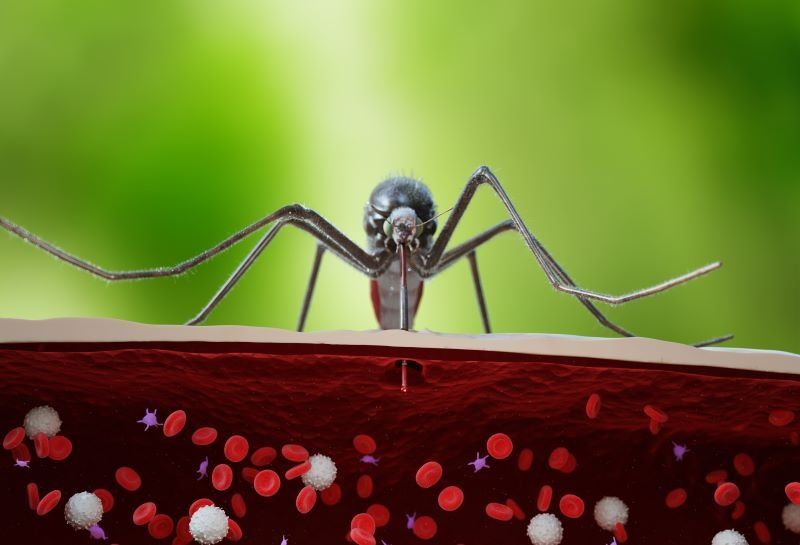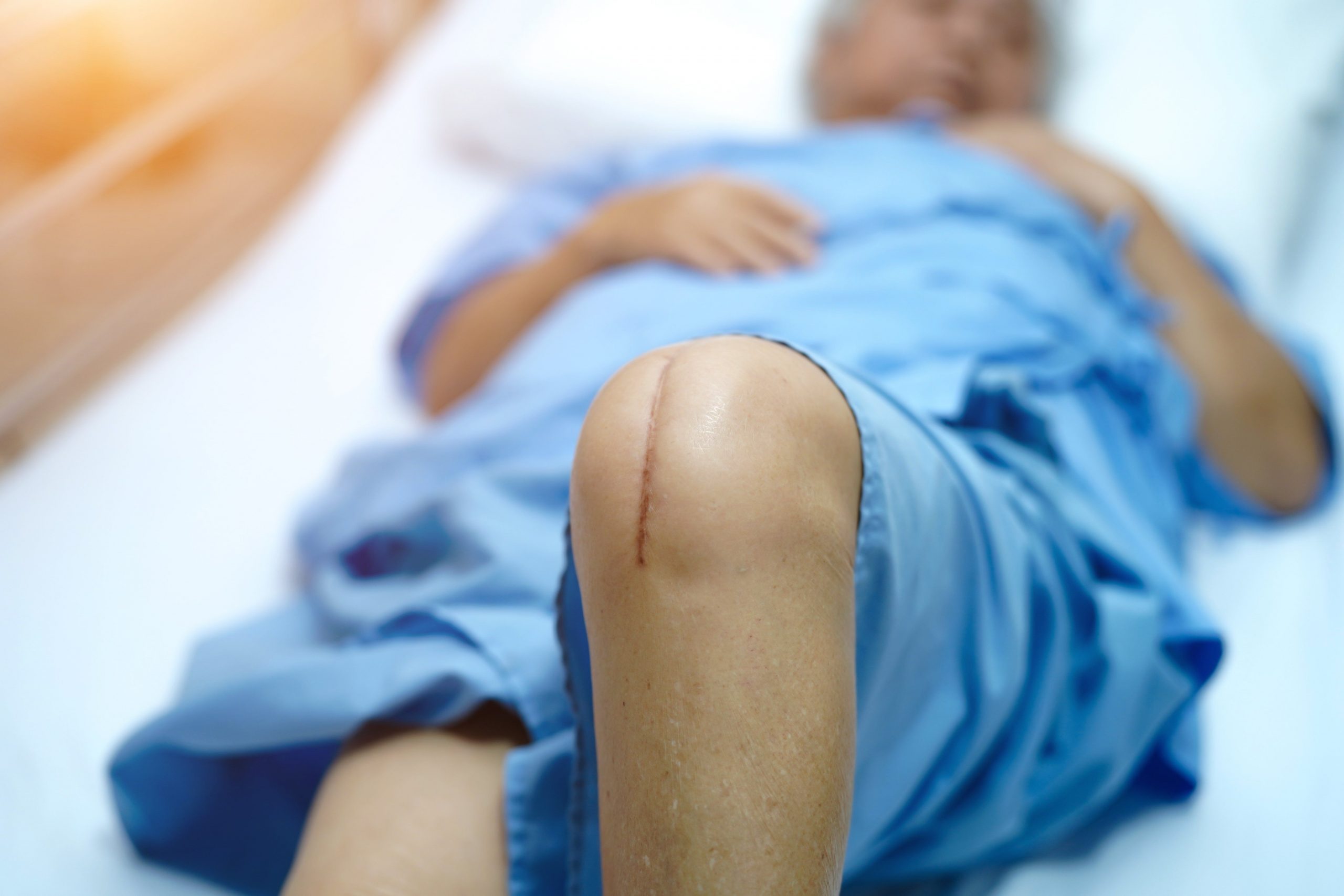
Think twice about ordering that double cheeseburger, salami on rye or juicy T-bone. Just two servings of red meat a week — processed or unprocessed — can increase your risk of type 2 diabetes by 62%, according to a new study. “A modest but statistically significant increase in risk was seen with even two servings… read on > read on >


















